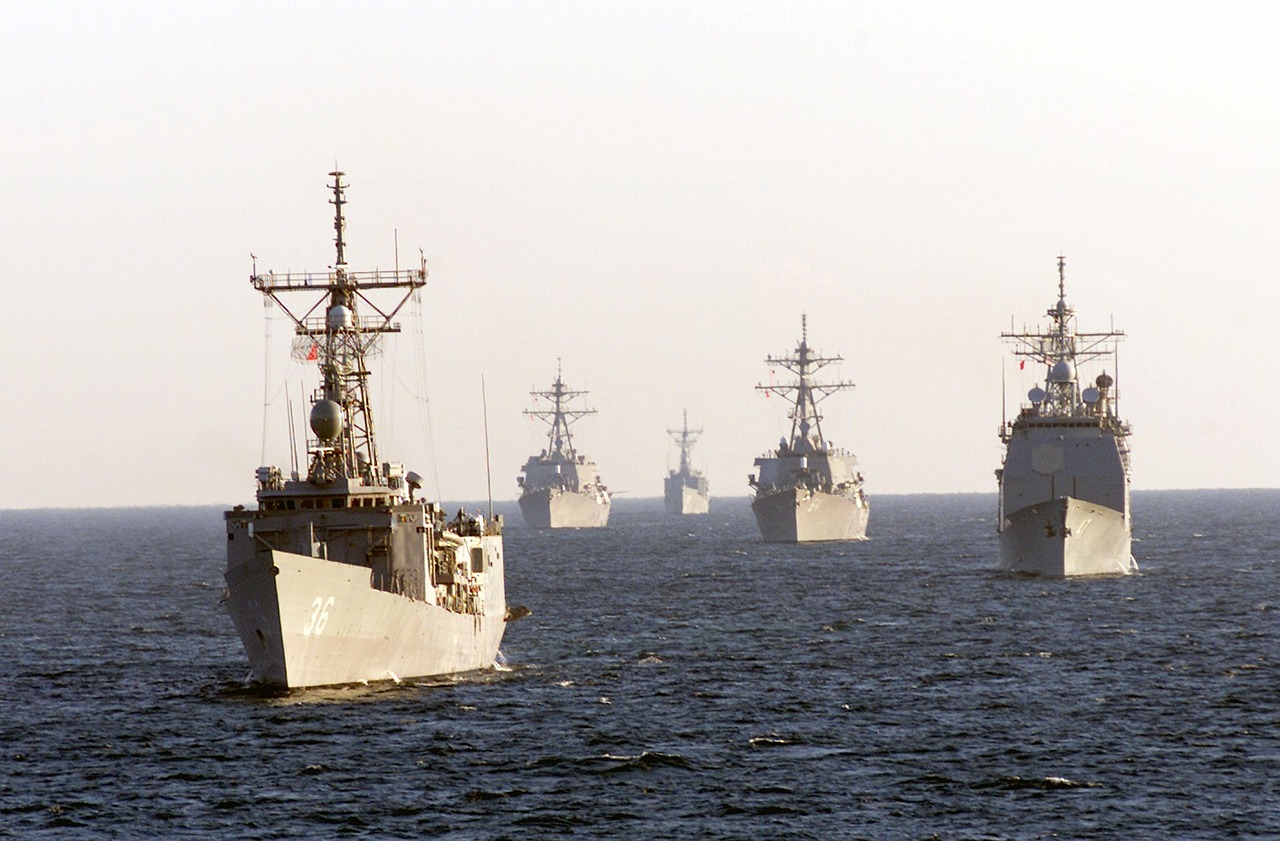1. Political Context
- Greenland's Sovereignty:
Greenland is an autonomous territory within the Kingdom of Denmark. Any attempt to annex it would directly provoke Denmark and its allies, including NATO, as Denmark is a founding NATO member. The U.S. and Denmark are close allies, and such a move would fundamentally fracture that relationship. - Canada's Sovereignty:
Canada is a sovereign nation and one of the United States' closest allies and trading partners. Any attempt to annex Canada would be an act of war against a country that shares extensive military, cultural, and economic ties with the U.S. Both nations are NATO members, which would create internal conflict within the alliance.
2. International Response
- Global Condemnation:
The international community, including the United Nations, would universally condemn such aggression. It would likely lead to severe sanctions and diplomatic isolation for the U.S. - Military Alliances:
Greenland's status under Denmark and Canada's NATO membership means that an attack on either territory would trigger NATO's Article 5, which states that an attack on one member is an attack on all. This could lead to a global military response, potentially pitting the U.S. against its closest allies, including the European Union, the United Kingdom, and others.
3. Military Realities
- Canada's Defense Capabilities:
While Canada's military is smaller than the U.S., it has modern capabilities and could leverage its vast geography to conduct a prolonged defense. The U.S. would face logistical challenges in occupying such a massive territory. - Greenland's Strategic Importance:
Greenland's remote location and harsh environment would make a military invasion extremely challenging. Moreover, Denmark and its allies would likely reinforce the territory's defenses in response to any U.S. aggression. - Global Military Escalation:
A U.S. invasion of these territories could spark a world war, with other major powers (e.g., China, Russia, and NATO allies) intervening to protect global stability and deter such acts of aggression.
4. Economic Fallout
- Sanctions and Trade Disruptions:
The U.S. would face severe economic sanctions from other nations. Trade relations, including imports of essential goods and resources, would collapse, causing massive domestic economic instability. - Energy and Resource Dependence:
The U.S. heavily relies on imports of natural resources from Canada (e.g., oil, lumber). Destroying these trade relationships would harm the U.S. economy far more than it would benefit from annexation.
5. Domestic Repercussions
- Public Backlash:
Such an act of aggression would face enormous resistance within the U.S. itself. The American public, accustomed to democratic principles, would likely view this as an unjust and unnecessary war. - Economic Costs:
The costs of war, coupled with the global economic fallout, could cripple the U.S. economy, leading to political unrest and potentially even domestic instability.
6. Strategic and Ethical Implications
- Loss of Moral Leadership:
The U.S. has long positioned itself as a champion of democracy and human rights. Attempting to annex sovereign nations would irreparably damage its reputation and undermine its global influence. - Unwinnable Occupation:
Even if the U.S. managed to occupy Greenland and Canada, maintaining control over such vast territories against the will of their populations would be unsustainable. Resistance movements, both internal and external, would make governance impossible.
Conclusion
In short, a hypothetical attempt by the U.S. to forcibly annex Greenland and Canada would lead to catastrophic political, military, and economic consequences for the U.S. and the world. It would shatter alliances, provoke widespread resistance, and destabilize the global order, making it a lose-lose scenario for all involved.


